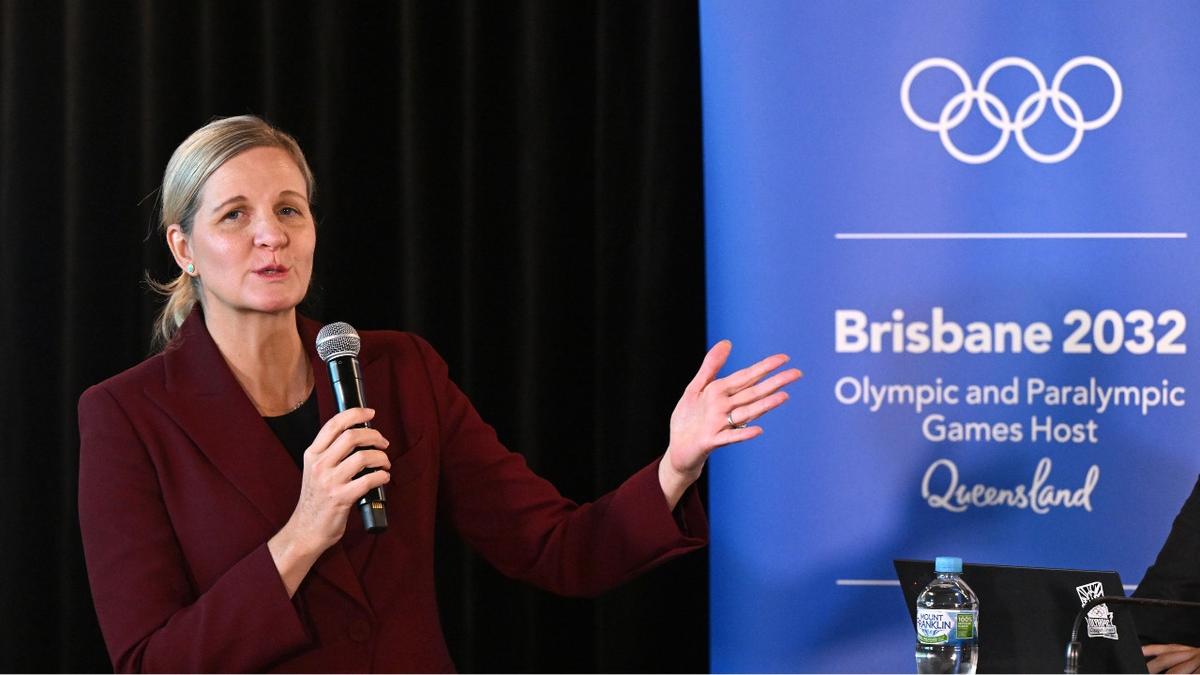
In the wake of Charlie Kirk’s recent murder, a debate has emerged over the traditional notion of not speaking ill of the dead. This age-old custom, rooted in spiritual beliefs, often prevents a candid discussion about the true legacies left behind by individuals like Kirk. The idea that we should refrain from criticizing the deceased is increasingly seen as an outdated practice that stifles necessary conversations about their impact on society.
Charlie Kirk, a prominent figure in American conservative circles, was known for his controversial views and actions. As the founder of Turning Point USA, Kirk championed a brand of politics that many found divisive. His positions on race, gender, and immigration often sparked outrage and debate. Yet, in the aftermath of his death, there seems to be a reluctance to openly critique his legacy, a hesitation that some argue is misplaced.
Challenging the Tradition of Silence
The reluctance to speak ill of the dead may stem from a time when spiritual beliefs held more sway over public discourse. The idea that negative words could impact the afterlife of the deceased is less prevalent in today’s more secular society. However, this tradition still influences how we discuss the lives and legacies of controversial figures.
Critics argue that avoiding criticism of the deceased allows for a sanitized version of history to prevail. In the case of Charlie Kirk, this could mean glossing over the more contentious aspects of his career and the divisive rhetoric he promoted. As journalist Kyle Spencer noted, “When Kirk died, the American media behaved as if they were polite guests at a wake, rather than journalists whose job it is to honestly assess someone who had very hateful rhetoric.”
The Legacy of Charlie Kirk
Charlie Kirk’s influence extended far beyond his immediate circle. His views on race, immigration, and gender were emblematic of a broader shift in American conservative politics. Kirk’s promotion of the “Great Replacement” theory, his stance on abortion, and his support for the notion that the 2020 US election was stolen are just a few examples of his controversial positions.
Kirk’s organization, Turning Point USA, became a platform for these ideas, often targeting left-leaning academics and promoting a culture of division. His legacy is one of polarization, with a focus on promoting a narrative of white victimhood and opposition to progressive social changes.
Media’s Role in Shaping Legacy
The media’s handling of Kirk’s death has sparked criticism from those who feel that it has failed to adequately address the more contentious aspects of his legacy. The Washington Post’s recent firing of columnist Karen Attiah over her social media posts about gun control following Kirk’s murder highlights the tensions between journalistic integrity and public perception.
Spencer argues that the media’s reluctance to engage with the full scope of Kirk’s legacy is indicative of a broader trend in American journalism. “The hesitation to go for the jugular ended up really offending the folks that Kirk considered enemies,” she said. This cautious approach has left many feeling that the media is complicit in whitewashing Kirk’s divisive rhetoric.
Implications for Political Discourse
The debate over how to discuss the deceased has broader implications for political discourse. The reluctance to critique figures like Kirk can perpetuate a cycle of silence and complicity, allowing harmful ideologies to persist unchecked. As the Cato Institute reports, right-wing extremists have been responsible for a significant portion of politically motivated violence in the United States, yet this is often downplayed in media narratives.
By confronting the legacies of controversial figures head-on, society can engage in more honest and productive conversations about the impact of their actions. This approach not only holds individuals accountable but also provides an opportunity for reflection and growth.
In the end, Charlie Kirk was a complex figure whose legacy continues to provoke debate. While he was a husband and father, his public persona was defined by a commitment to divisive and often harmful ideologies. As society grapples with how to remember figures like Kirk, the importance of honest reflection becomes ever more apparent.







